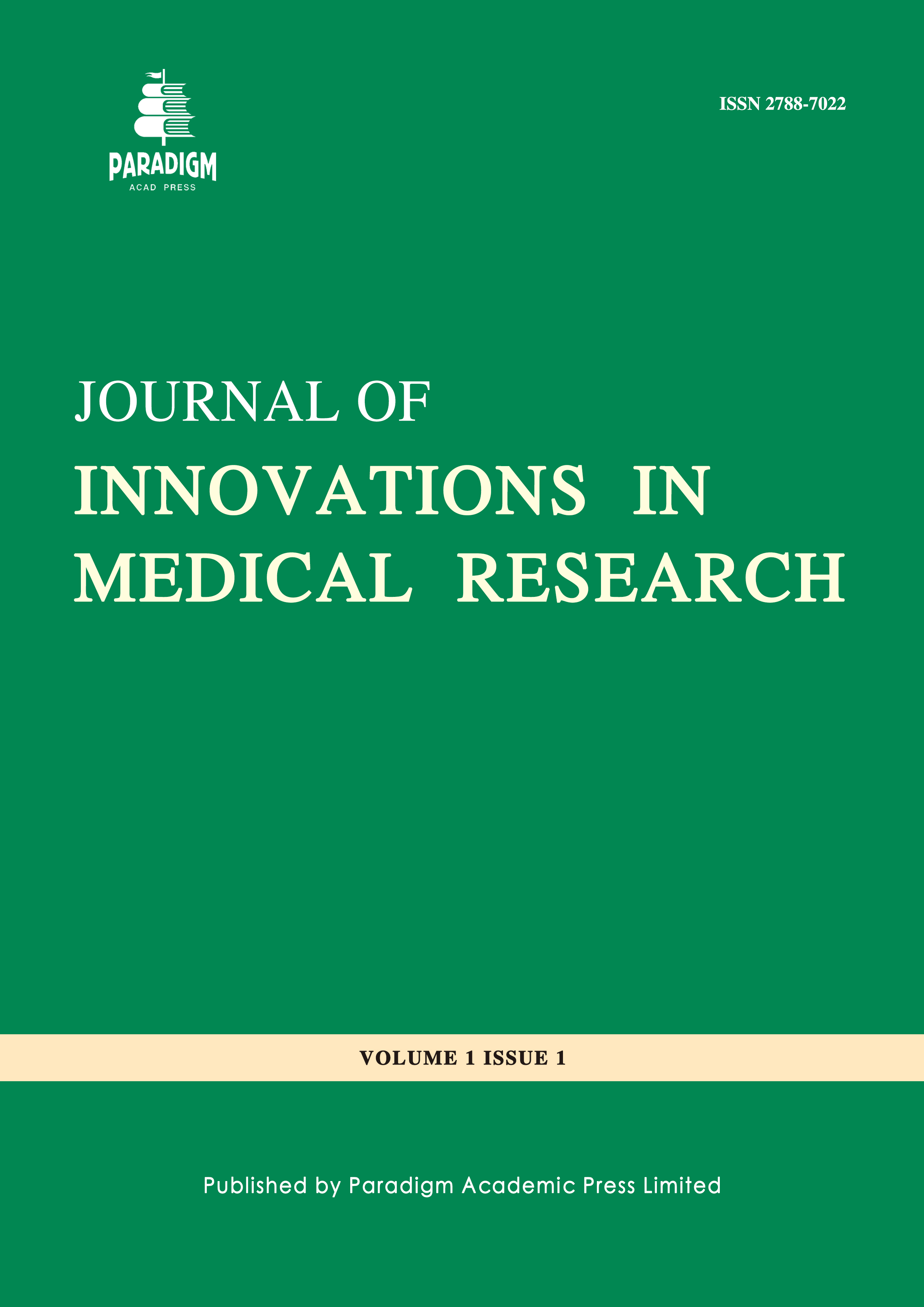Effects of Cymbopogon Citratus Aqueous Extract on Testosterone-Induced Benign Prostatic Hyperplasia in Adult Male Wistar Rats
Keywords:
testes, infertility, toxicity, PCNA, cymbopogon citratus, prostatic hyperplasiaAbstract
Benign Prostatic hyperplasia (BPH) is a common androgen associated urologic surgical disorder among the middle-aged and elderly. Certain phytotherapeutic agents have been discovered to halt its progression and improve the symptoms without causing toxic effect on the body system. This study evaluated the effects of three different doses (low, moderate and high) of Cymbopogon citratus aqueous extract (CCAE) on testosterone induced-BPH in adult Wistar rats. Thirty-six (36) rats aged 10-12 weeks, weighing 100-120g were randomly divided into six (6) groups containing 6 rats each. Group 1 rats were given standard nutrition and drinks throughout the experiment. The rats in groups 2-6 had 10mg/kg body weight of testosterone propionate (TP) once daily. In addition to that, group 3-6 had 30mg/kg, 100mg/kg and 300mg/kg per oral once daily of CCAE and 15mg/kg of finasteride per oral once daily respectively. On the 32nd day of the experiment the rats were sacrificed using cervical dislocation. The prostates were harvested and preserved for immunohistochemistry. Immunological study showed a significant increase in Ki67 and proliferating cell nuclear antigen (PCNA) labeling scores in the positive control relative to the negative control, while there was a significant (≤0.05) decrease in the number of cells in post-treated CCEA group compared to positive control. Only groups 5 and 4 showed significant (P≥0.05) increase in Ki67 and PCNA labelling respectively when compared to the standard drug group. This study hence shows that CCEA exerts a protective effect on testosterone-induced benign prostatic hyperplasia in Wistar rats.



